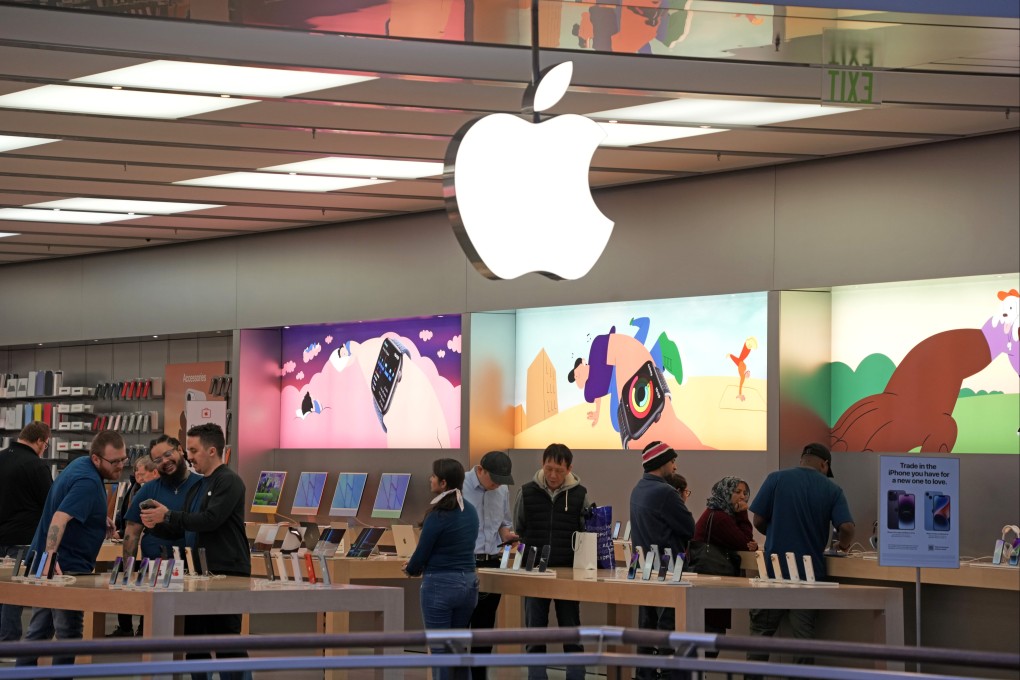Apple delays work on next year’s iPhone, Mac software to fix bugs
- Rather than adding new features, company engineers were tasked with fixing the flaws and improving the performance of the software
- Last month, the company completed the first version of its next iPhone, iPad and Mac operating systems, an iteration known as M1

In a rare move, Apple hit pause on development of next year’s software updates for the iPhone, iPad, Mac and other devices so that it could root out glitches in the code.
The delay, announced internally to employees last week, was meant to help maintain quality control after a proliferation of bugs in early versions, according to people with knowledge of the decision. Rather than adding new features, company engineers were tasked with fixing the flaws and improving the performance of the software, said the people, who asked not to be identified because the matter is private.
A spokeswoman for the Cupertino, California-based company declined to comment.
Apple’s software – famous for its clean interfaces, easy-to-use controls and focus on privacy – is one of its biggest selling points. That makes quality control imperative. But the company has to balance a desire to add new features with making sure its operating systems run as smoothly as possible.
In recent years, Apple has put more emphasis on quality – even when it has meant delaying new capabilities. In 2018, software engineering chief Craig Federighi pushed back several unreleased iPhone features until the following year amid concerns that the software was too buggy.
In 2019, he overhauled the way Apple develops software in a further attempt to stave off problems. Under the approach, each feature has to be enabled manually – via a process dubbed “feature flags” – allowing employee testers to isolate the impact on the overall system before adding it.